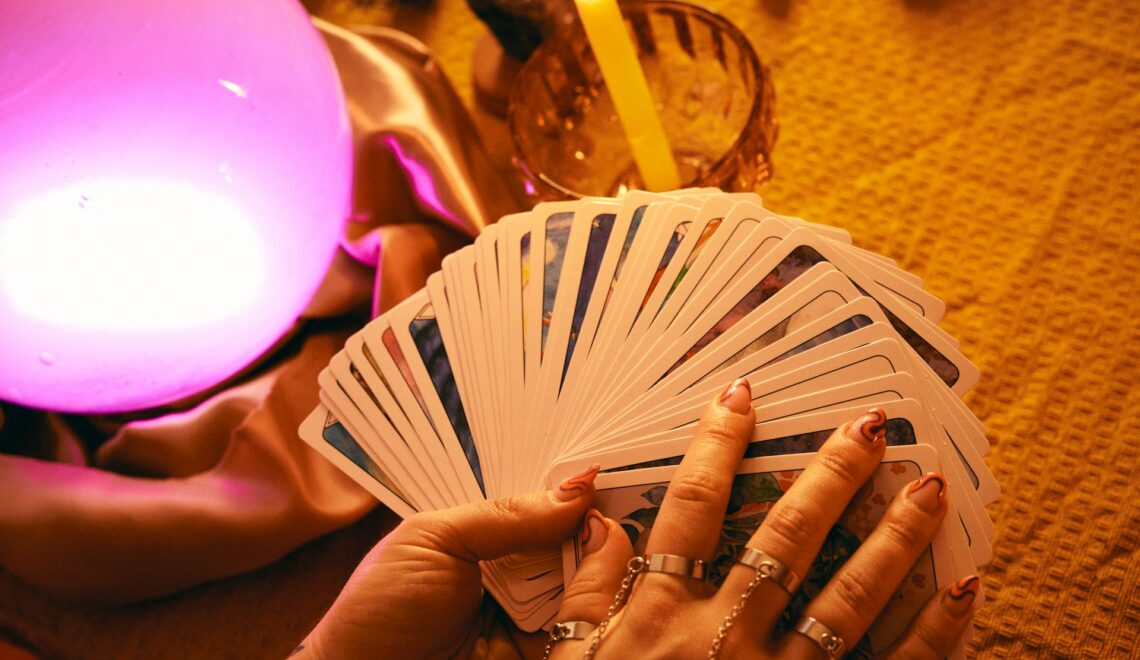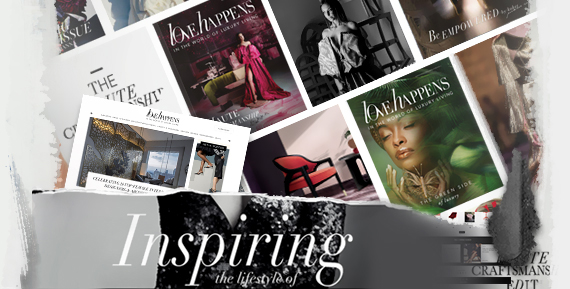Balancing Wellness: Tarot’s Role in Contemporary Lifestyle Choices

In a world where self-care and mental well-being are increasingly taking center stage, people are exploring several new (and old) ways to bring much-needed balance into their lives. One such approach that is getting increasingly popular, is the ancient practice of Tarot card reading.
While often dismissed as a pseudoscience, Tarots today are more about accessing the deeper parts of your mind, instead of predicting the future. It is known for fostering self-awareness and supporting personal growth, which can be quite beneficial, no matter what you think of tarot reading.
In this article, we take a deep dive into this trend and explore ways tarot cards complement wellness trends.
Tarot as a Tool for Reflection, Not Prediction
Tarots have developed a mystical aura around them, which while making them popular has also led to them being easily dismissed by the healthcare and scientific communities. While these aspects do appeal to certain individuals, what we are interested in is their reflective nature.
The cards essentially serve as a mirror for our innermost thoughts, emotions, and subconscious mind, prompting us to engage with and confront deeper realities within ourselves.
Self-Reflection: Pulling tarot cards allows you to ask introspective questions, similar to journaling or meditation.
The symbols on the cards spark thought processes that might otherwise remain buried, giving you the space to confront issues like anxiety, relationship dynamics, or personal blocks.
Mindful Decision-Making: In a fast-paced world, people often feel disconnected from their own intuition. Tarot encourages slowing down and tuning into inner wisdom.
Note – If you’re looking for the mystic aspects, consider working with a trusted tarot card reading service because there are plenty of hacks in this business who will gladly rip you off while giving tarots a bad name.
Tarot as a Mental Health Companion
In the wellness space, tarot readings are now being recognized for their potential to support the mental health of patients. Of course, it is no replacement for therapy or professional counseling, but can be complementary to these practices when done right.
Stress Management: Life today comes with endless demands, and stress has become almost inevitable. Pulling a daily card can serve as a quick check-in with yourself, providing focus and a reminder to be mindful.
The act of shuffling, drawing, and interpreting tarot cards creates a calming ritual, which can help alleviate feelings of stress or anxiety.
Emotional Healing: People who struggle with unresolved emotions or inner conflicts may find tarot beneficial. It’s like having a conversation with yourself, where each card encourages you to explore a specific aspect of your emotional landscape.
For example, pulling the Three of Swords, a card representing sorrow, may prompt you to acknowledge the pain you’ve been suppressing and inspire you to seek healing.
Tarot & Self-Care Rituals
Incorporating tarot into a self-care routine can be as simple or elaborate as one wants. Whether it’s a quiet, solo practice or part of a larger wellness ritual, the flexibility of tarot makes it appealing to a variety of lifestyle preferences.
Daily Draws: Pulling a single card in the morning can set the tone for your day. It’s a simple, quick practice that helps to center your mind and focus on your intentions, similar to morning affirmations.
Full Spreads For Reflection: For those who want a deeper dive, a weekly or monthly tarot spread can help to map out goals and challenges.
This longer form of tarot practice gives insight into larger life patterns, helping individuals plan for obstacles or highlight where to focus their energy. Even if you don’t believe in the mystic meanings of Tarot cards, this should at least make you think and contemplate on the larger patterns of life.
Wrapping Up
Tarot has made quite the journey from the mystical realms of fortune-telling to the refined offices of professional therapists. From inculcating mindfulness to making you contemplate deeper regarding your thoughts, this can be a powerful tool when done right, without any of the mystical woo-woo!
While most medical practitioners are still reluctant to adopt this, they should at least consider trying it, provided it adds value to their patients.
More to Love!
What’s in Your Stars? Lh Monthly Horoscope
Everything You Need to Know About Reading Tarot





